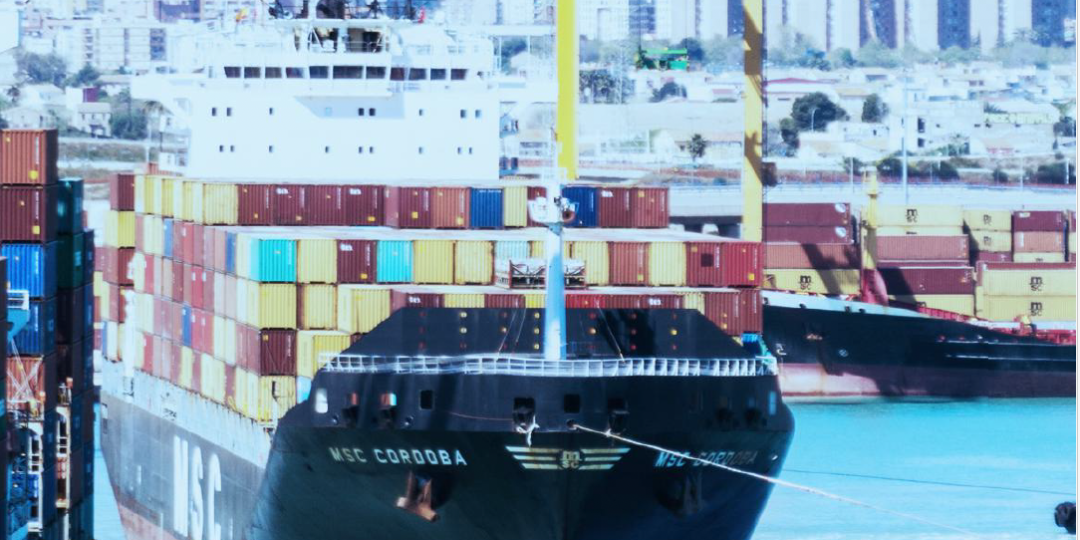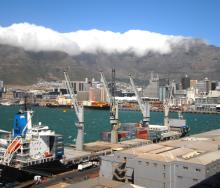An additional US$8bn-28bn will be required annually to decarbonise ships by 2050, according to the Review of Maritime Transport 2023 of the United Nations Conference on Trade and Development (Unctad).
Even more substantial investment will be needed to develop the infrastructure for total carbon-neutral fuels to be available to the shipping sector.
Full decarbonisation could double annual fuel expenses, which has the potential to affect small island developing states (SIDS) and least developed countries (LDCs) that rely heavily on maritime transport for their economies.
To ensure an equitable transition, Unctad is calling for a universal regulatory framework applicable to all ships, irrespective of their registration flags, ownership or operational areas, thereby avoiding a two-speed decarbonisation process to maintain a level playing field.
Unctad’s director of technology and logistics, Shamika N. Sirimanne, said: “Economic incentives, such as levies or contributions paid in relation to shipping emissions may incentivise action, can promote the competitiveness of alternative fuels and narrow the cost gap with conventional heavy fuels.
“These funds could also facilitate investments in ports in SIDS and LDCs, focusing on climate change adaptation, trade and transport reforms, as well as digital connectivity.”
Despite the majority of ships still relying on conventional fuels, the report highlights positive advancements, such as 21% of newly ordered vessels being designed for alternative fuels.
With half of the world’s fleet being over 15 years old, ship owners are faced with the challenge of renewing their fleets and struggle with a lack of clarity regarding alternative fuels, green technology, and regulatory regimes. This also poses a challenge for port terminals making vital investment decisions for the future, the review concludes.













